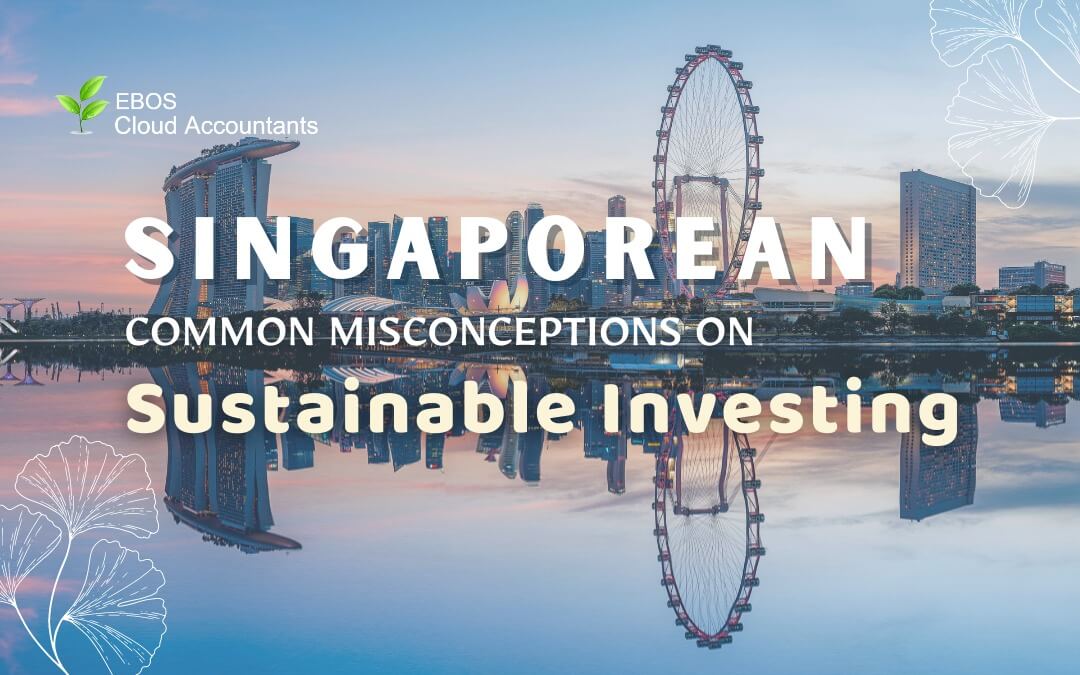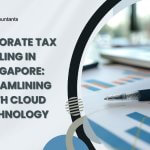The COVID-19 epidemic caused some of the worst market swings, causing severe damage to the worldwide economy. It has drawn attention to corporate sustainability-related problems.
In this article, let’s talk about how misconceptions about sustainable investment continue to be a problem, particularly among Singaporean investors.
What is sustainable investing?
Sustainable investing is the practice of using ESG data and fundamental insights to analyze a company’s environmental, social, and governance (ESG) concerns, as well as to assess its possibilities and development to guide capital allocation.
Singaporeans desire their investments to have an impact
The term “sustainable investing” is only known to 43% of Singaporeans. 69% of people perceive sustainable investing to be intriguing after learning the definition. 80% of Singaporeans believe that their investments must have a good effect.
82% of Singaporean investors who are using their own money are willing to move to sustainable solutions if all other factors, such as costs and return on investment, are maintained constant. For opportunities for sustainable investing, half of them would even pay higher costs.
Common misconceptions about sustainable investing
Misconceptions about sustainable investment still provide a challenge, particularly for Singaporean investors. Here are the following:
- · 75% are unaware of sustainability measurement methods;
- · 63% believe that sustainable investing is more expensive;
- · 56% feel that it entails giving up rewards in favour of non-sustainable solutions;
- · 54% believe there are greater risks involved with sustainable investing.
The majority of Singaporean investors think that trading traditional investments for sustainable ones will result in lower returns, but the data seems to suggest otherwise. In the first three months of 20203, 51 out of 57 of their sustainable indices outperformed their broad market counterparts. Similar conclusions were reached from our comparison of ESG indices and ESG-managed funds to non-sustainable counterparts.
Traditional elements like high quality and little volatility, which inherently point to resilience, have an association with sustainability. Traditional variables, however, do not adequately account for all the characteristics that can affect a company’s resilience. Companies with a history of positive customer interactions or strong corporate cultures are exhibiting resilient financial performance during the current crisis. A variety of material sustainability traits, such as employee job happiness, the quality of the company’s relationships with its customers, or the effectiveness of the board of directors, have contributed to the outperformance of these sustainable funds. This pattern stands out in particular.
In Summary:
Companies that incorporate sustainability into their strategies typically have stronger customer and staff engagement. In the long run, they are more likely to outperform their rivals since they often display greater resilience during market downturns. By investing in such businesses, you would be able to achieve your financial and sustainability goals without sacrificing your return on investment.
We think that the long-term movement toward sustainable investing is still in its infancy, and we anticipate that it will continue long beyond the pandemic, during the economic recovery, and beyond.







